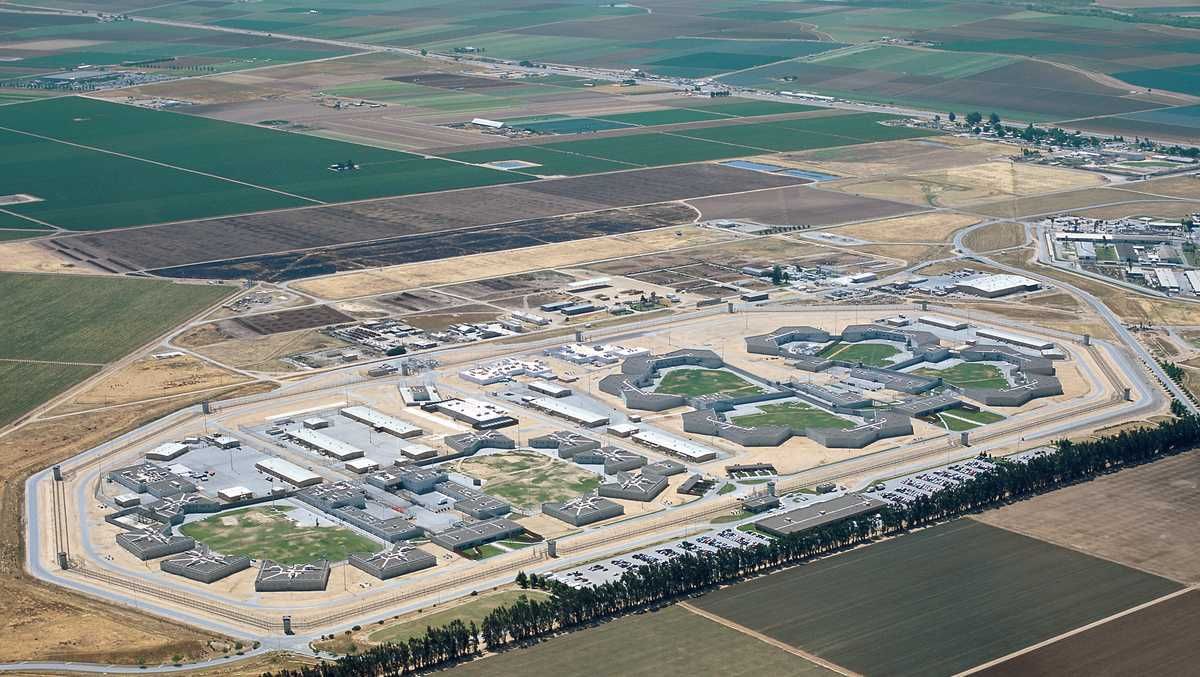Hunger Strikes in Protest at Salinas Valley State Prison
Indiscriminate lockdowns, denial of rights, and collective punishment cited as reasons for initiating hunger strikes

Incarcerated individuals at Salinas Valley State Prison in Soledad, California, declared a hunger strike, effective last Friday June 20th, to protest what they allege are unlawful practices by the California Department of Corrections and Rehabilitation (CDCR). Allegations include indiscriminate lockdowns, denial of rehabilitative rights, and collective punishment, which they say violate constitutional and statutory obligations, according to their statement.
CDCR announced that all Level III and Level IV facilities had been placed on a "modified program," temporarily altering prison operations. Salinas Valley State Prison is among the affected facilities. CDCR explained this decision was made "in response to a recent and concerning rise in violent incidents directed towards both staff and incarcerated individuals."
Common changes during a modified program include:
- In-person visitation is temporarily suspended.
- Phone and tablet communications are currently paused.
- Individuals are primarily confined to their housing units.
- Level III inmates may dine in dining halls under strict supervision, while meals for Level IV inmates are delivered directly to their housing units.
- Showers and medical care continue with controlled access.
- Programming, including education, self-help groups, and religious services, is paused.
- Yard and dayroom access is restricted.
A letter written on behalf of incarcerated people at Salinas Valley State Prison reads in part,"We, the incarcerated individuals housed in Salinas Valley State Prison, formally declare the beginning of a peaceful hunger strike effective [June 13, 2025]. This action arises in response to persistent and unlawful practices by the California Department of Corrections and Rehabilitation (CDCR), including the use of indiscriminate lockdowns, deprivation of rehabilitative and constitutional rights, and collective punishment of the incarcerated population.
"This protest is not rooted in defiance but in our firm demand that CDCR adhere to its obligations under the U.S. Constitution, California Penal Code, and Title 15 of the California Code of Regulations." This classification triggers certain procedures, including interviews by prison staff and documentation on an official form (CDCR Form 128-HS).
A list of demands to end the hunger strike includes:
- End collective punishment and indiscriminate lockdowns immediately.
- Restore in-person visitation rights as guaranteed under Title 15, § 3172.2(a).
- Reinstate phone access during security evaluations, unless specific restrictions are based on individual conduct.
- Resume regular canteen services in compliance with Title 15, § 3090(l).
- Ensure due process and uphold humane treatment standards as required by the 8th and 14th Amendments.
Incarcerated participants have also called on legal advocates, civil rights attorneys, oversight entities like the Office of the Inspector General (OIG) and the Office of the Ombudsman, members of the California legislature, journalists, prison rights organizations, and the public to take action.
You can read more about the hunger strike at Salinas Valley State Prison in "Hunger strike begins as California prisons hand down biggest restrictions since COVID" at the Cal Matters website. CalMatters is a nonpartisan and nonprofit news organization bringing Californians stories that probe, explain and explore solutions to quality of life issues while holding our leaders accountable.










